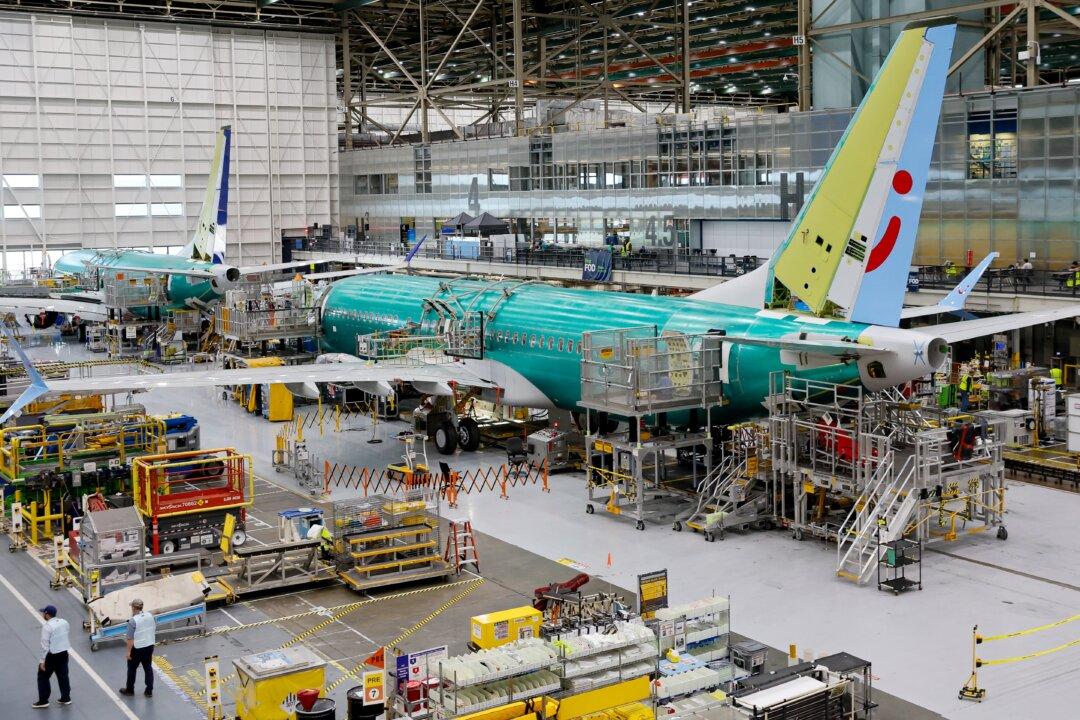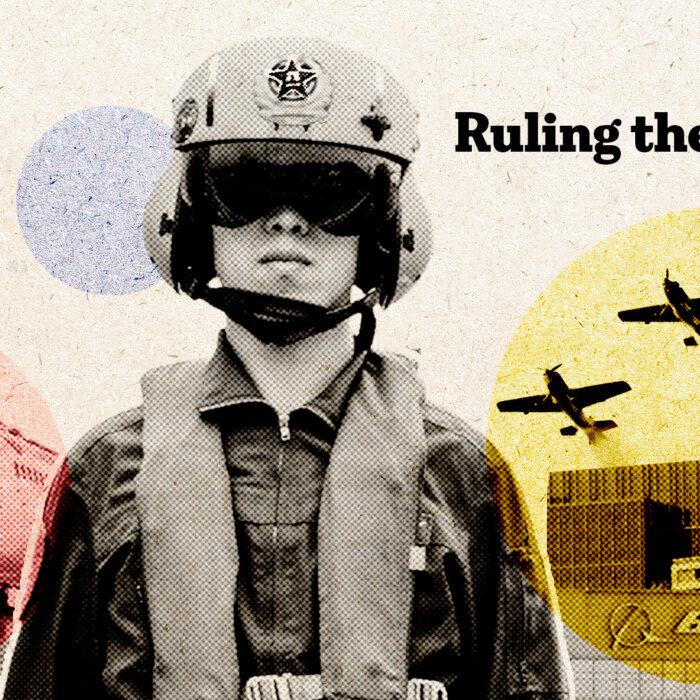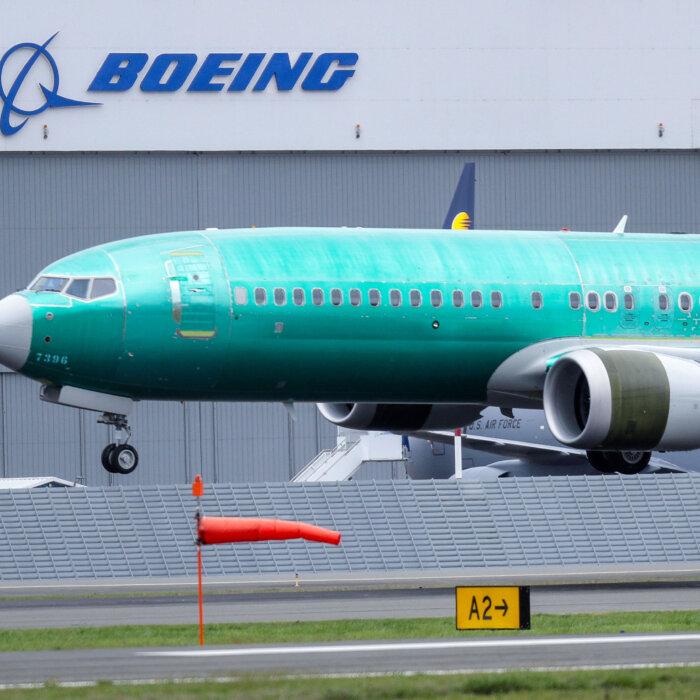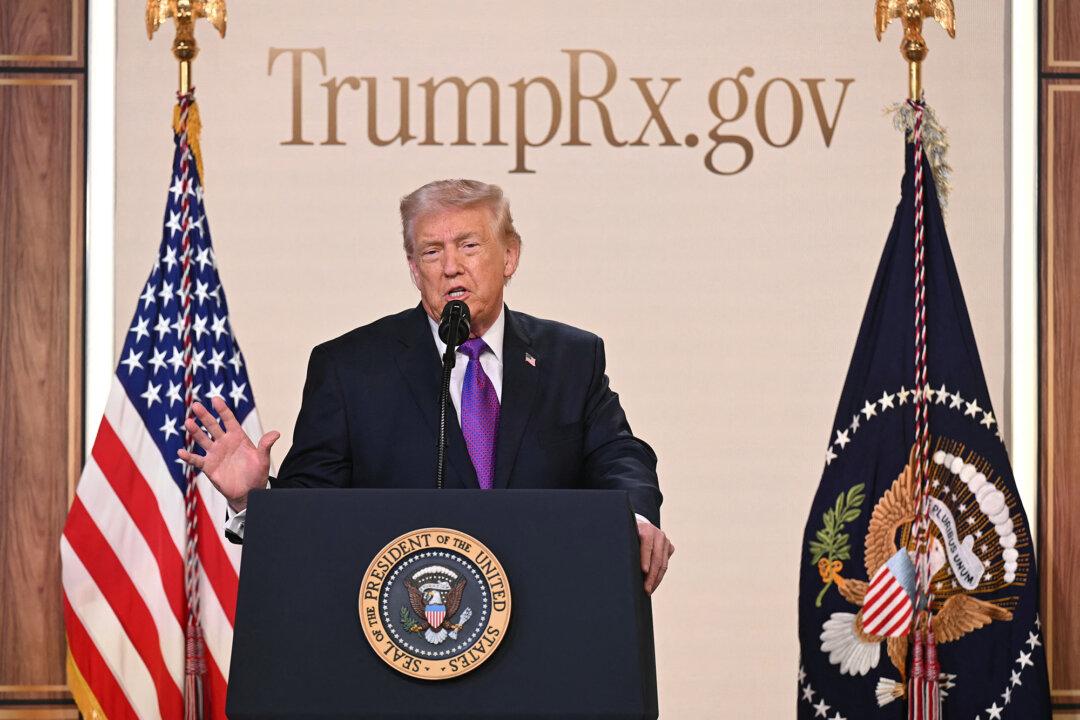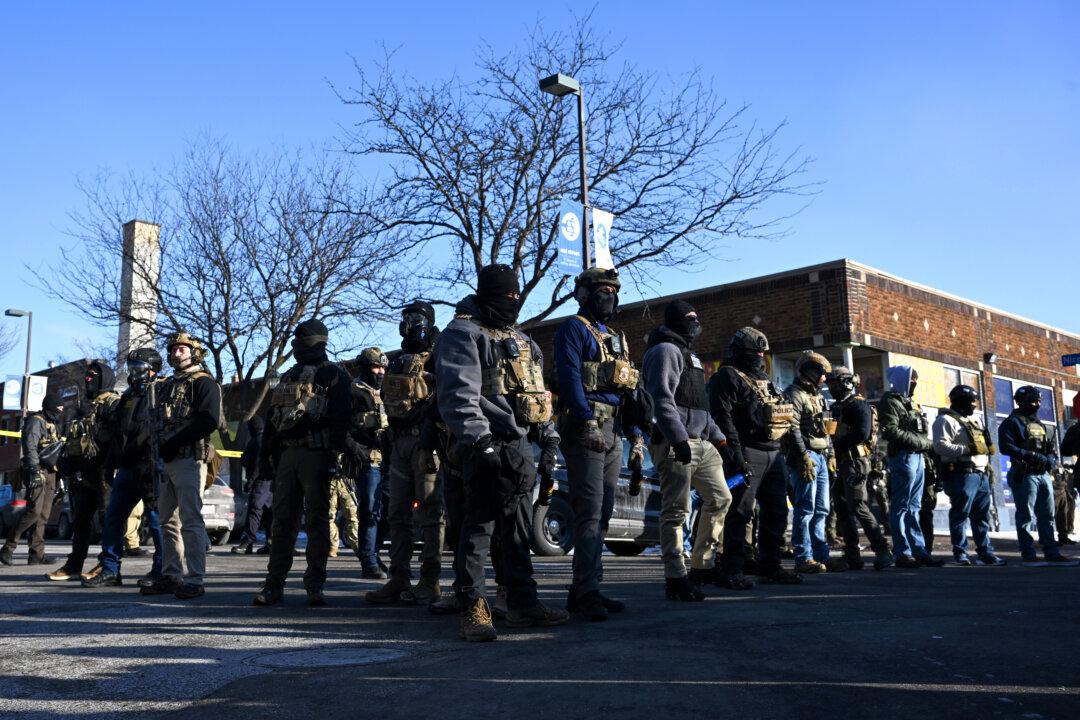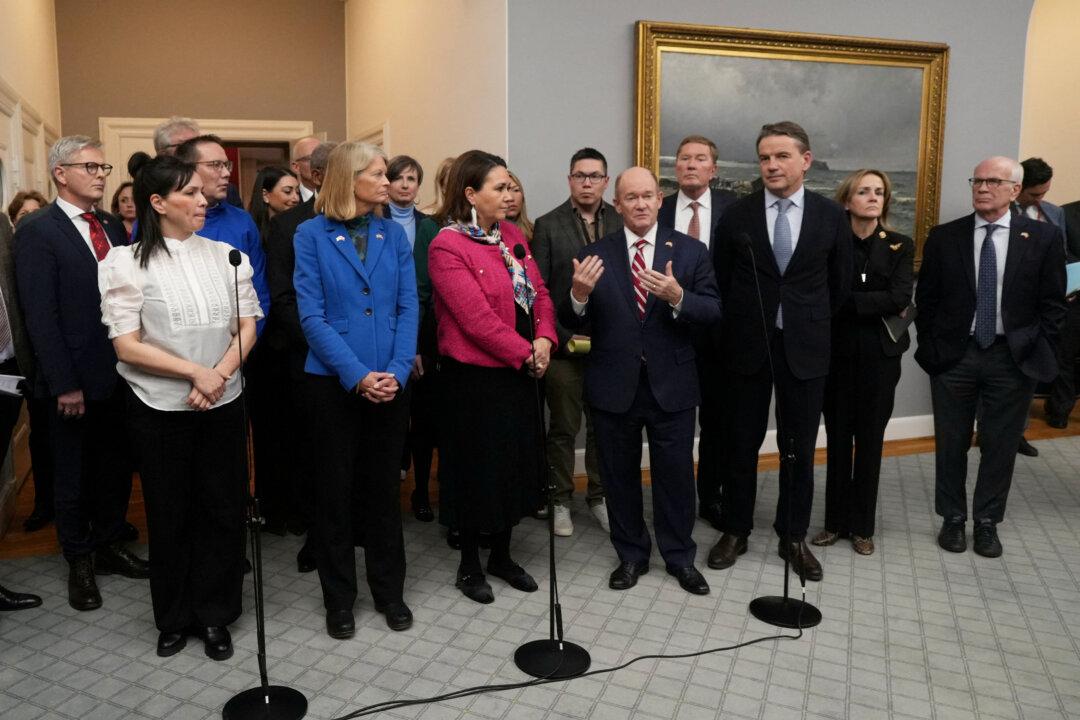Boeing has agreed to plead guilty to fraud against the U.S. government, following a series of legal tussles sparked by two 737 Max crashes that killed 346 people.
The plea deal was announced by the Department of Justice (DoJ) on July 7, along with details of a $243.6 million (£190 million) fine.
Legal action began in 2021, when the DoJ charged Boeing with one count of conspiracy to defraud regulators over its Maneuvering Characteristics Augmentation System (MCAS) software, implicated in both crashes, alleging it deceived the Federal Aviation Administration (FAA).
Boeing reached a $2.5 billion settlement that included $500 million to family members of both crashes, and was given a safety monitoring compliance mandate for three years in order to avoid prosecution, which would end on Jan. 7 this year.
Then, just two days before the deadline, an Alaska Airlines Boeing 737 Max 9 was flying at 16,000 feet over Oregon when a door plug panel blew out, leaving a refrigerator-sized hole in the side of the aircraft. The aircraft landed safely, but left the company in violation of its safety agreement two days before the deadline.
The DoJ determined on May 14 that Boeing had violated their 2021 agreement, which Boeing denied, and then on July 7 announced the plea deal had been struck.
In both crashes—Lion Air Flight 610 in 2018 and Ethiopian Airlines Flight 302 in 2019—there were failures with Boeing’s then-newly launched flight software MCAS, causing mid-flight stalling in both planes.
The computer system in both planes caused the nose to pitch down automatically, leaving the pilots unable to disable the software, catastrophically bringing them to the ground and killing a total of 346 passengers and crew.
Boeing downplayed the significance of MCAS and didn’t mention it in aeroplane manuals. Most pilots didn’t know about it.
Boeing accepted the plea deal to pay a fine or face trial on felony charges of defrauding the U.S. government and the FAA for hiding the MCAS system on its initial release from federal regulators.
The DoJ called for an additional $243.6 million fine, the same penalty Boeing paid in 2021 as part of the initial prosecution agreement.
Boeing is also expected to invest $455 million in safety and compliance programs and undergo independent monitoring supervision of safety and quality control.
The agreement, which has yet to be agreed by a federal judge, is expected to be filed to the Northern District of Texas by July 19.
Victims of the crashes are unsatisfied with the plea, calling it a “sweetheart deal,” while lawyers are urging the judge to reject the deal, arguing that it fails to recognise Boeing’s accountability for the 346 deaths.
“The deadly consequences of Boeing’s crime are being hidden,” Paul Cassell, a lawyer who represents some of the families in the criminal case against Boeing, told multiple media outlets.
Boeing is a major U.S. government contractor, with 37 percent of its 2023 revenue coming from such contracts, mostly through defence work including military sales to other countries.
The plea deal covers only wrongdoing by Boeing before the crashes in Indonesia and in Ethiopia. It does not cover immunity for other incidents, including the Alaska Airlines incident.
